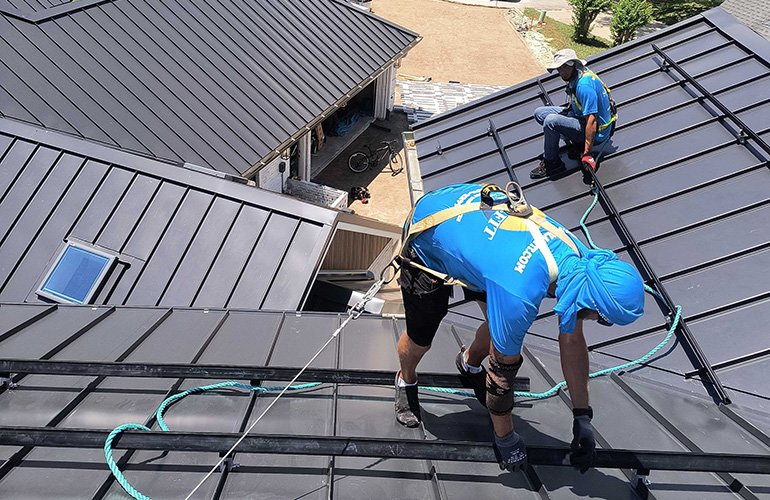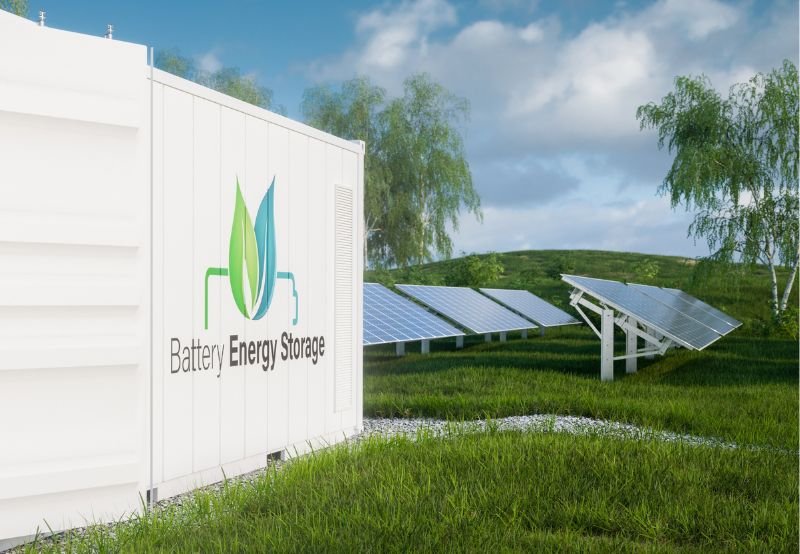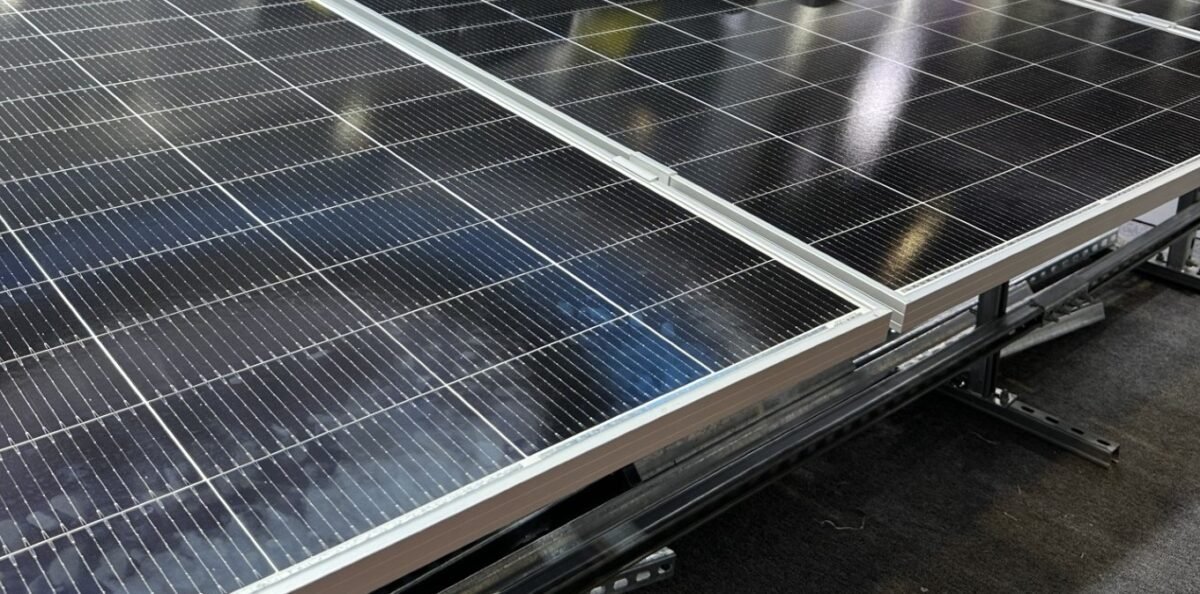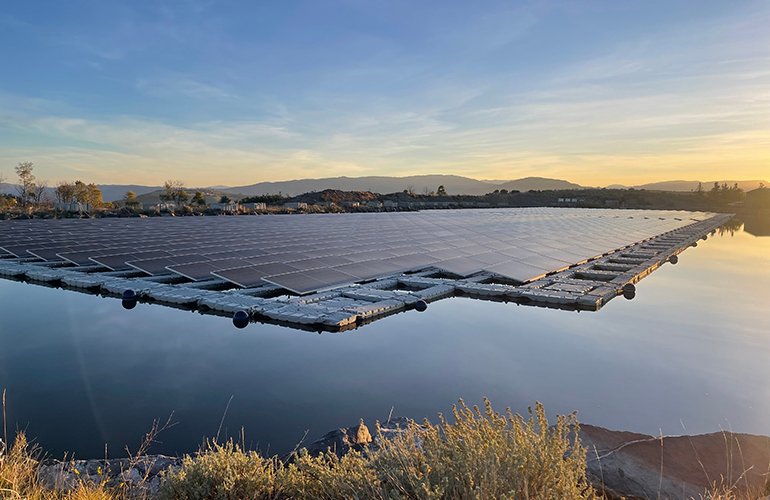Residential Solar Contractors Adapting to Shifting Incentives
The solar industry is no stranger to change, but the current landscape feels like riding a rollercoaster blindfolded. With the Inflation Reduction Act (IRA) extending tax credits, contractors are scrambling to adjust. One minute, incentives are flowing; the next, they’re drying up.
Solar Incentives: A Shifting Landscape
Sure, the IRA boosted residential solar with juicy tax credits, including bonuses for domestic manufacturing and low-income projects. But let’s be real: incentives won’t last forever. Installers who thrived on subsidy-driven demand are now asking, ‘What’s next?’ Execution-driven solar profitability might be the answer.
Diversification: Not a Magic Fix
Everyone’s yelling ‘diversify!’ like it’s a magic fix. But slapping battery storage onto every proposal won’t save you if your core service is shaky. Reliable installations still rule. Smart home energy storage solutions can help, though.
Grid Nightmares and Silver Linings
Net metering battles and grid bottlenecks are frustrating, sure. But they’re also pushing homeowners toward self-sufficiency. Fronius inverters paired with modular batteries? Now that’s a pitch that sticks when blackouts dominate headlines. Consider industrial rooftop solar sustainability for a more efficient approach.
The Hidden Cost of Cheap Leads
Google ads for solar are pricier than a Miami penthouse. Smart contractors are ditching spray-and-pray marketing for community trust—think local workshops, not spammy pop-ups. As one installer grumbled, ‘I’d rather teach Grandma about kilowatt-hours than pay Meta another dime.’ Focus on sustainable rooftop solar for manufacturing instead.
Survival Toolkit for the Post-Incentive Era
1. Audit your operations (slow crews sink ships)
2. Train staff to explain payback periods without eye rolls
3. Partner with HVAC firms—heat pumps are solar’s new best friend
4. Push maintenance plans; they’re recession-proof
The golden age of easy solar sales might be fading, but the sun isn’t setting on this industry. It’s just getting interesting. Adopt industrial solar energy transition strategies to stay ahead.






